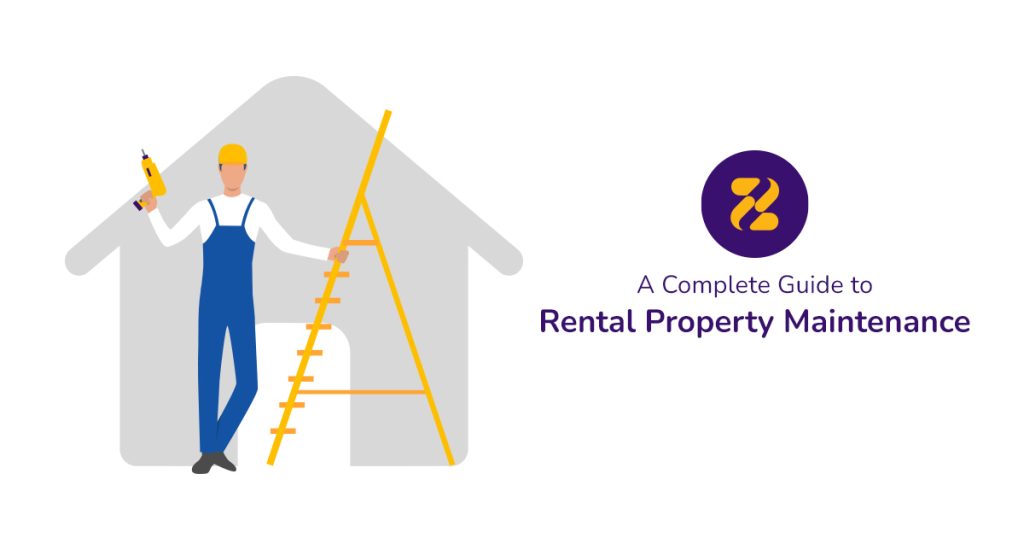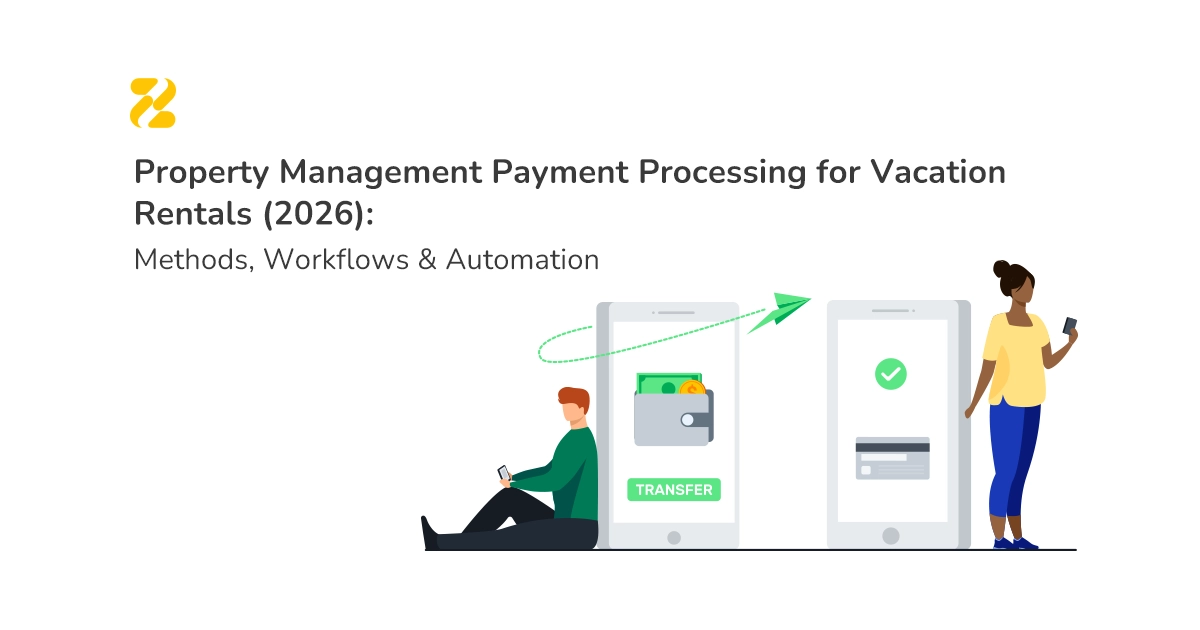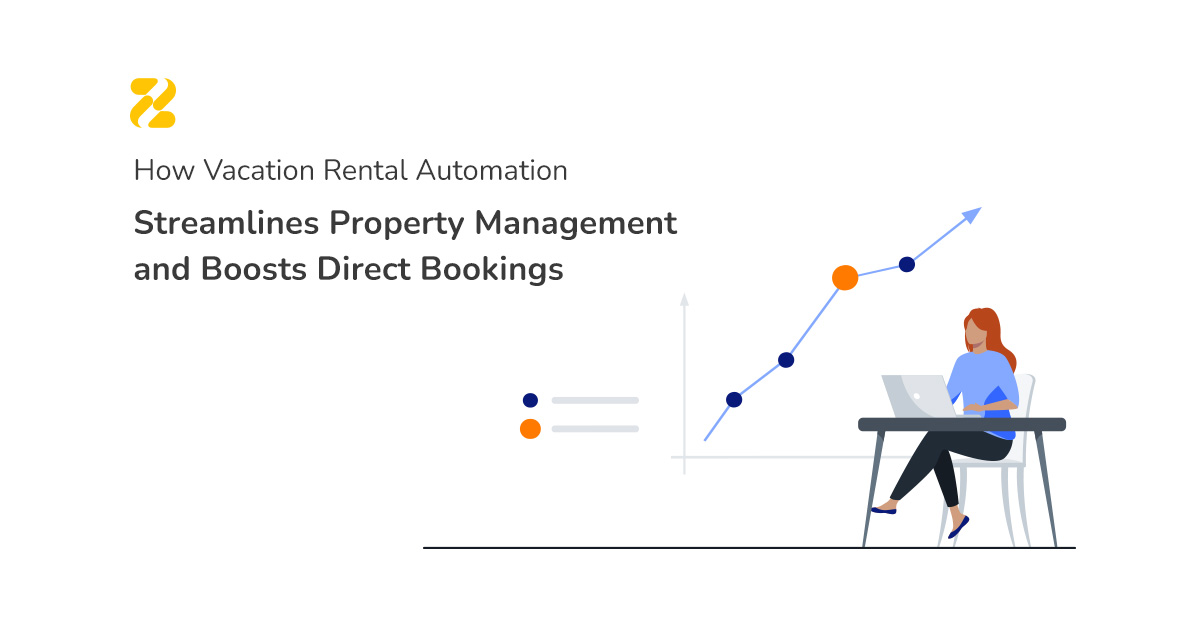By Jill Mason, Founder and CEO of VRScheduler
Every home requires regular maintenance and routine simple fixes to avoid minor problems turning into bigger ones. However, as you rent out your property as a vacation rental home and allow guests to live in your property for short periods, it needs extra care to ensure that everything functions well, your guests will have a memorable stay and leave you positive reviews.
Vacation rental maintenance is complex and wide-ranging. Regardless of your property’s age, history, its owner, and their attribute, you must take care of routine maintenance, keep on top of the small stuff before they turn into overwhelming disasters and avoid costly repair fees and damages to the property’s facilities.
Without setting up standard precautionary maintenance procedures, the vacation rental property maintenance can quickly become unmanageable. To run regular, thorough preventative care, vacation rental property managers can divide tasks into three categories, with separate procedures for each:
1. Onboarding a new property
2. Seasonal maintenance
3. Maintenance inspection
Table of Contents
Onboarding a New Property
Adding a new property into your portfolio needs a great time to obtain a comprehensive catalogue of any current and potential future problems, as well as a record of all the items on the property and their maintenance schedules.
As a result, perform an initial full inspection of the property you are adding up. If a qualified in-house inspector is not available, consider requiring a home inspection by a licensed inspector possibly paid for by the owner. Despite the expense (usually around $200-$600), this can help you alleviate disagreements or future confusions.
Your initial home inspection report should include the following items, but not be limited to them:
— Grounds
— Structure
— Exterior surfaces
— Windows, doors and wood trim
— Roof
— Attic
— Interior rooms
— Kitchen
— Bathrooms
— Miscellaneous (stairs, garage etc.)
— Basement
— Crawl Space
— Plumbing
— Electrical
— Heating/Cooling System
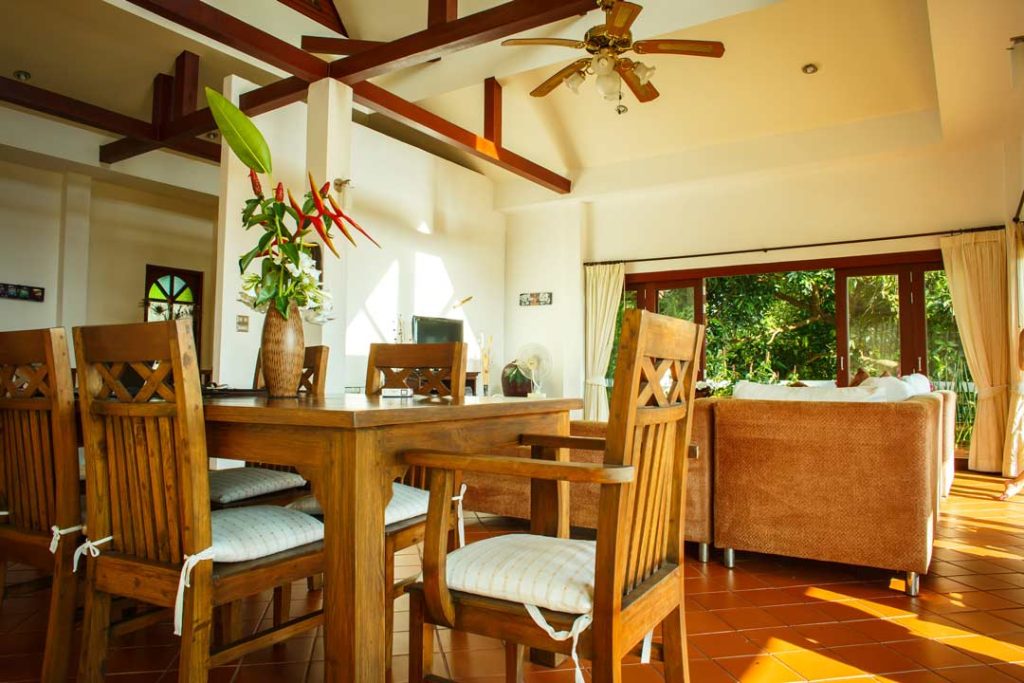
For appliances, hot tubs and other regular maintenance items, don’t forget to document:
— Brand
— Model
— Part number
— Serial Number
— Store Purchased
— Phone Number
— Warranty information
— Additional notes on the filter and other part numbers
Store this information for likely future rental property maintenance issues that might come up. Make sure that you can retrieve this information later on separately for each property. Use operation management software like VRScheduler.com for easy access.
Seasonal Maintenance
Regular maintenance should be scheduled seasonally and is dependent on the weather in your area and the appliances, heating and cooling methods, plumbing and electrical systems in your properties. Run your seasonal maintenance right at the beginning of each season and make a home maintenance checklist to ensure nothing slips through the cracks. Inspect all the items outlined in your initial inspection. Seasonal maintenance should include tasks like:
— Changing furnace and air conditioner filters
— Gutter cleanout
— Smoke and carbon monoxide and other battery-powered device battery change-outs
— Cleaning the exhaust hood
— Vacuuming refrigerator coils
— Reversing ceiling fans
— Scheduling pest control, irrigation services and HVAC checks.
Maintenance Inspection
Provide your housekeeping staff or whoever in charge of doing the inspections with a checklist of interior and exterior items. Enable your housekeepers to report issues and notify you of any damages and breakages or taken away items right after a guest’s check-out.
Using professional vacation rental property maintenance software like VRScheduler can automate documenting and recording information for each property and visit.
Besides, regular maintenance and issue reporting through the VRScheduler app ensure that guests show up to a ready and fault-free property, which is an excellent start to a fantastic stay.
Include the items below in your interior and exterior inspection checklist:
Interior Rental Property Maintenance
— Lighting operating correctly
— Door/window handles, locks and hinges inspected
— Appliances functioning properly
— All electronics checked and functioning: remotes, TV’s, DVD and stereos functional
— Fans, A/C and heaters functioning properly, filters changed quarterly
— Plumbing, water systems and faucets operating correctly and in good condition
— Electrical functioning properly
— Change batteries in smoke and CO detectors and test; inspect plate covers, inspect and clean all exhaust fans
— High dusting completed
— Check for evidence of insect/rodent activity
— Ceiling fans, light fixtures, windowsills and ceiling corners and crevices free of dust/cobwebs
— Windows and screens in good condition should be reported, and if necessary, professional window washing can be arranged.
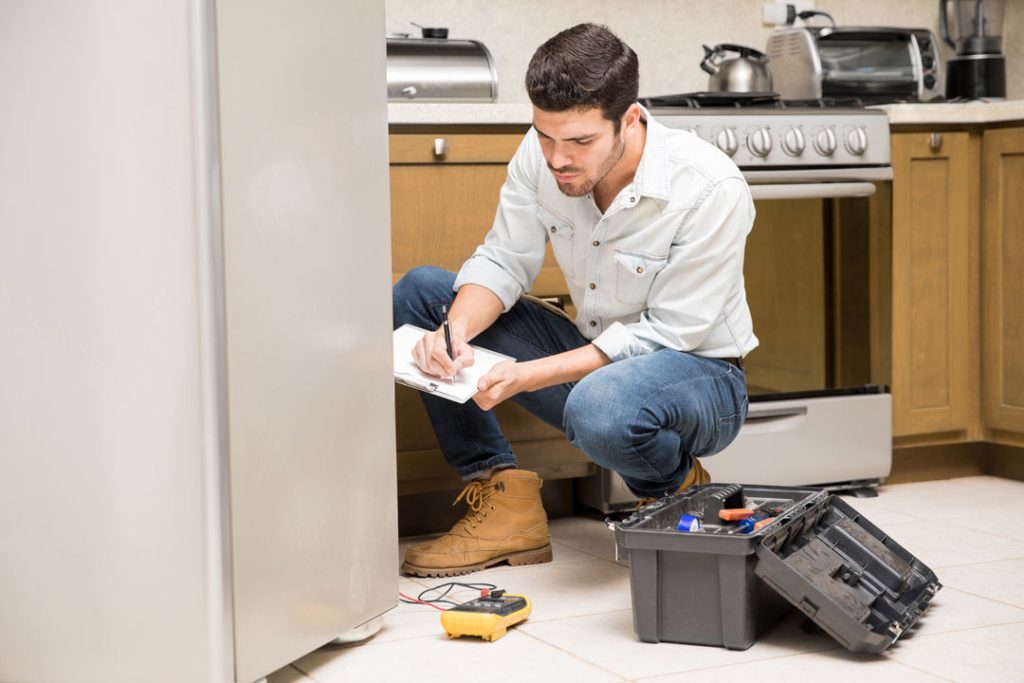
Exterior Rental Property Maintenance:
— Exterior of home in proper condition
— Yard looks maintained free of debris/garbage
— Yard fee of animal waste, removed if needed
— Deck/patio area clean and damage-free, fencing inspected
— Outdoor furniture functional and appropriately placed
— Exterior lights functioning and replaced when needed
— Driveways and parking areas free of debris/garbage
— Low hanging branches or hazards reported
— Animal or insect nests noted and reported
— BBQ maintained and functioning
— Propane checked backup tank full, empty tanks reported
— Wood available to guests where applicable
Rental Property Maintenance Services
Rental property maintenance is a great deal of work. It requires professional hands-on management to take care of a significant investment.
If you don’t want to mess with small home maintenance tasks, you have options available. Firstly, you can choose to outsource them entirely. Alternatively, you can delegate certain aspects to a professional rental property maintenance company.
A maintenance service specialising in vacation rental upkeep will take care of your rental’s regular tune-ups and keep your house in tip-top condition just in exchange for a small share of your profit.
A trained maintenance team or service with experience in the industry and with the vacation rental maintenance process can save you big money and time. Besides, it can generate stellar guest reviews for you by inspecting your property before check-ins and after checkouts and retaining your maintenance standards.
Vacation rental scheduling software like VRScheduler create a home maintenance calendar for you and your maintenance service. They can auto-generate and assign tasks to teams and give them instructions and explanations to get the job done.
Rental Property Maintenance Expenses
The cost of maintenance differs for each property based on its size, type, location, age, amenities, cooling and heating system, roofing, electrical and plumbing systems.
There is no one formula to estimate a vacation rental property’s maintenance costs. However, vacation rental managers must ensure to allocate enough budget to maintenance costs as a percentage of their income and bear in mind to never overlook taking care of small fixes before they turn into serious repairs and extravagant fees.
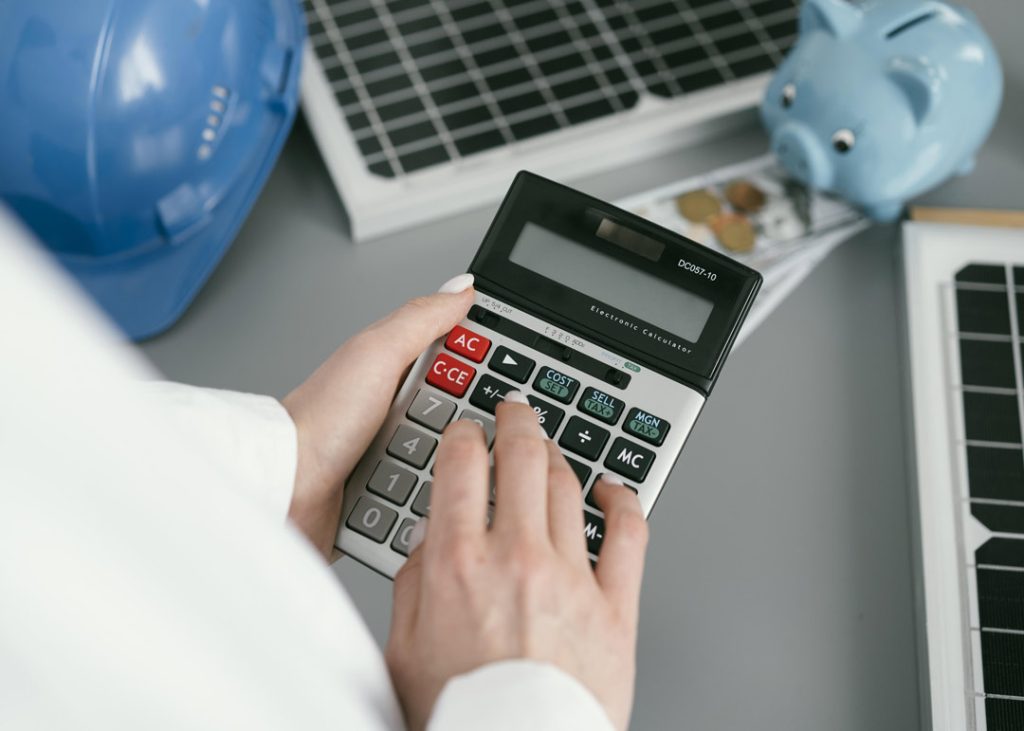
Not all your guests will leave your property in the same condition as they received it. They may cause damages to your home or its furniture and appliances, and a security deposit covers any damage that exceeds normal wear and tear. You cannot welcome your next guests before making sure that your property is in its prime condition.
Scrutinising little problems when onboarding a new property, seasonal upkeep routines and regular maintenance inspections will help you fix the problems before they become a big mess. These measures will save you higher maintenance costs, as well as your peace of mind.
Rental Property Maintenance Software
The property management industry in America generates a whopping revenue of over $99 billion annually? With such a substantial amount of money circulating, it’s no surprise that numerous rental property maintenance software companies have stepped up to help investors, landlords, and property managers stay organised and streamline and manage the maintenance and repair processes for rental properties.
But here’s the big question: Which rental property management software is the best fit for you? When considering a rental property maintenance software, several key criteria can help guide your decision-making process. Here are some important factors to consider:
Maintenance Request Management:
Ensure the software provides a robust system for managing maintenance requests. It should allow tenants to submit requests easily and provide property managers with tools to track, assign, and prioritise requests efficiently.
Communication and Collaboration:
Look for software that facilitates smooth communication and collaboration among property managers, maintenance staff, and guests. It should offer features such as email notifications, in-app messaging, and real-time updates on work order status.
Mobile Accessibility:
Consider whether the software provides mobile access through dedicated apps or mobile-friendly web interfaces. This allows property managers and tenants to access and manage maintenance requests on the go.

Reporting and Analytics:
Look for software that offers reporting and analytics features. This allows you to generate maintenance reports, analyse trends, monitor costs, and make data-driven decisions to improve your maintenance processes.
Integration Capabilities:
Consider whether the software integrates with other systems you use, such as property management software, accounting software, or communication tools. Integration can streamline data sharing and reduce manual data entry.
Customer Support:
Evaluate the level of customer support provided by the software company. Check for available support channels, response times, and whether they offer training resources or documentation to help you make the most of the software.
What’s more, the Zeevou’s multilingual Mobile App allows housekeepers to report maintenance issues at the point of cleaning, and to attach photos or videos to the issue with a description of what has gone wrong.


